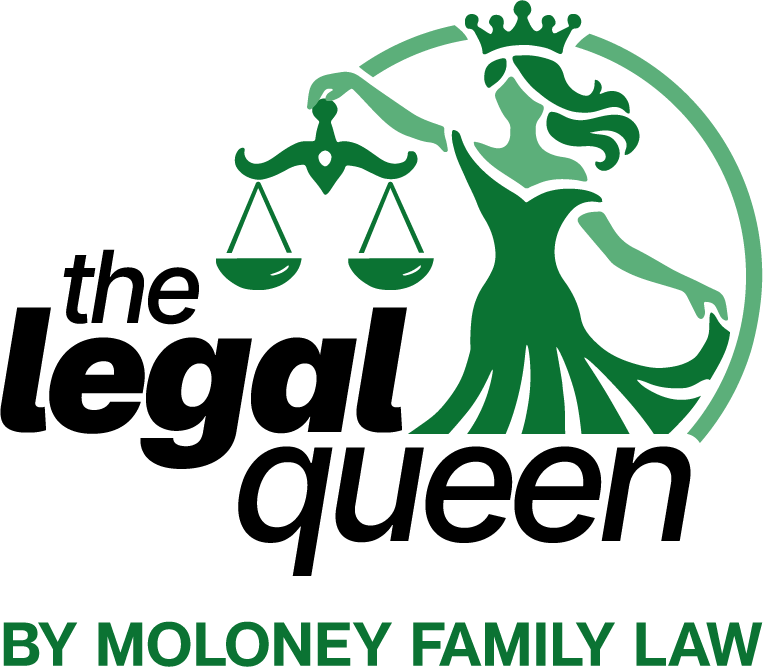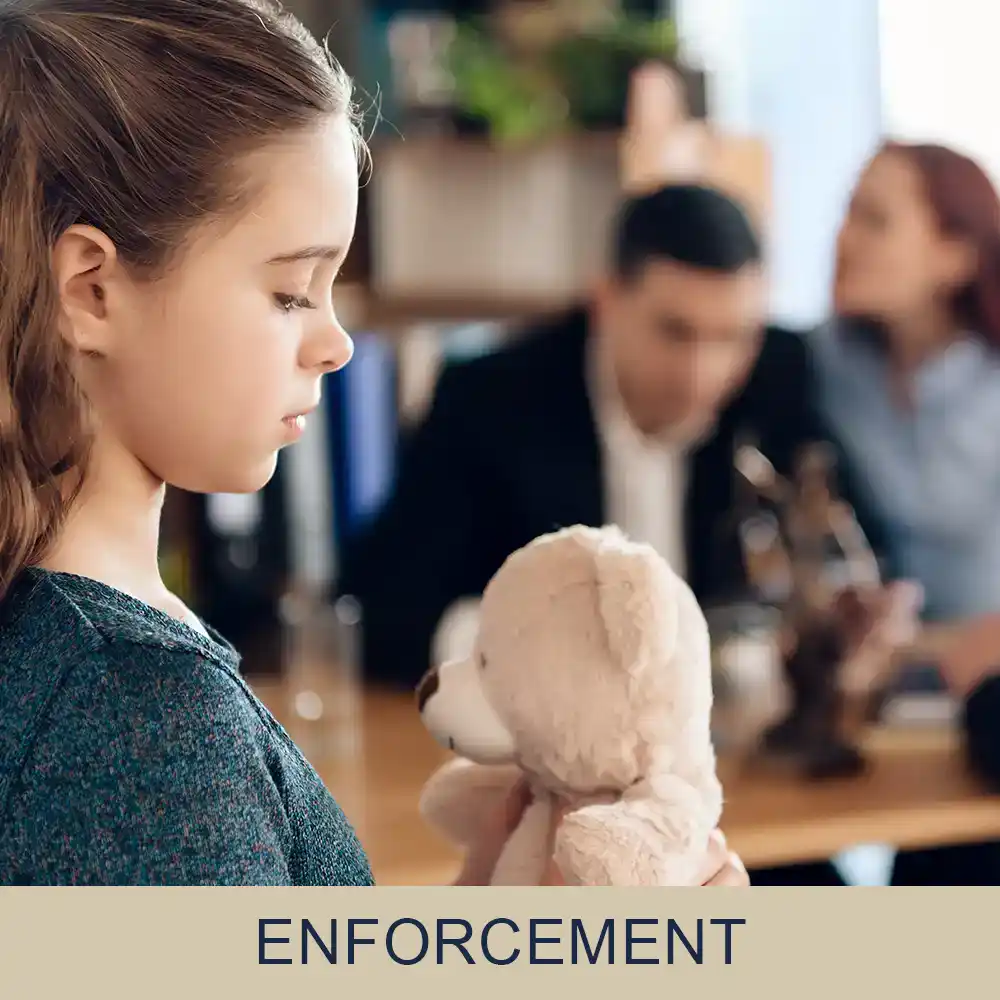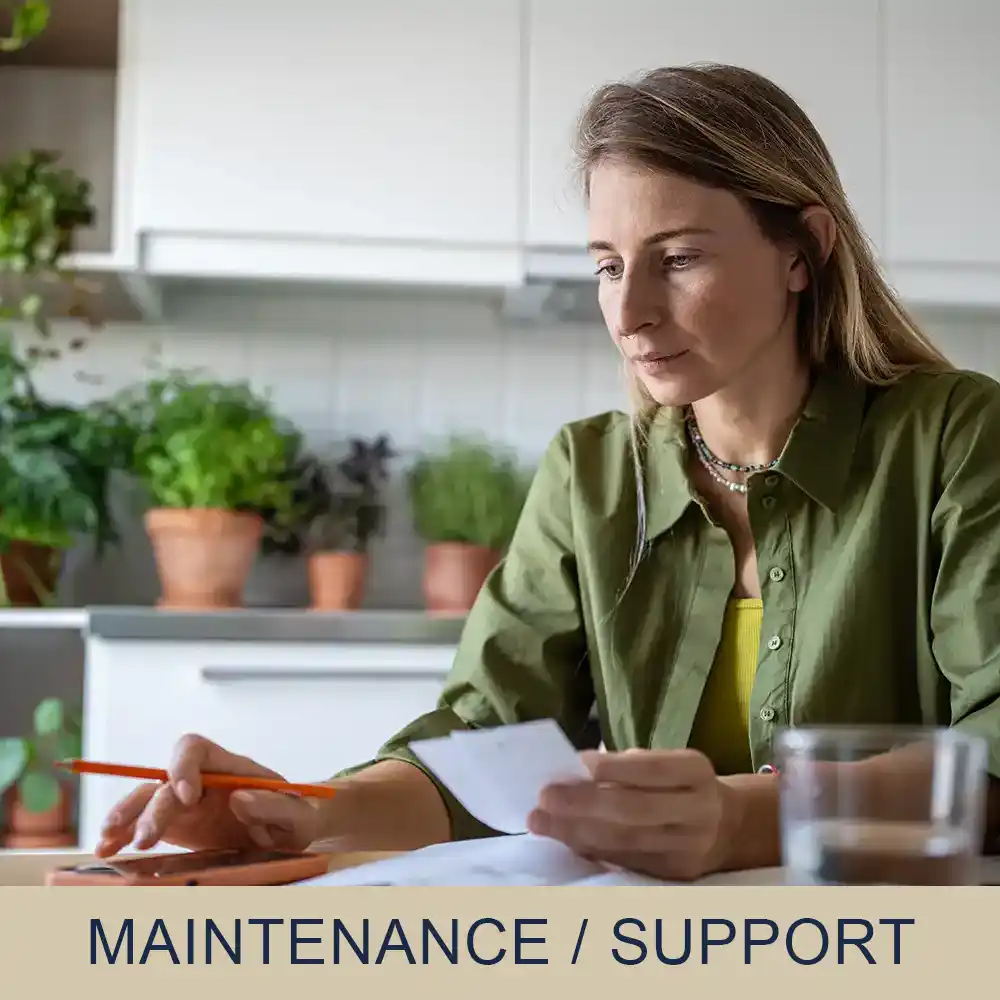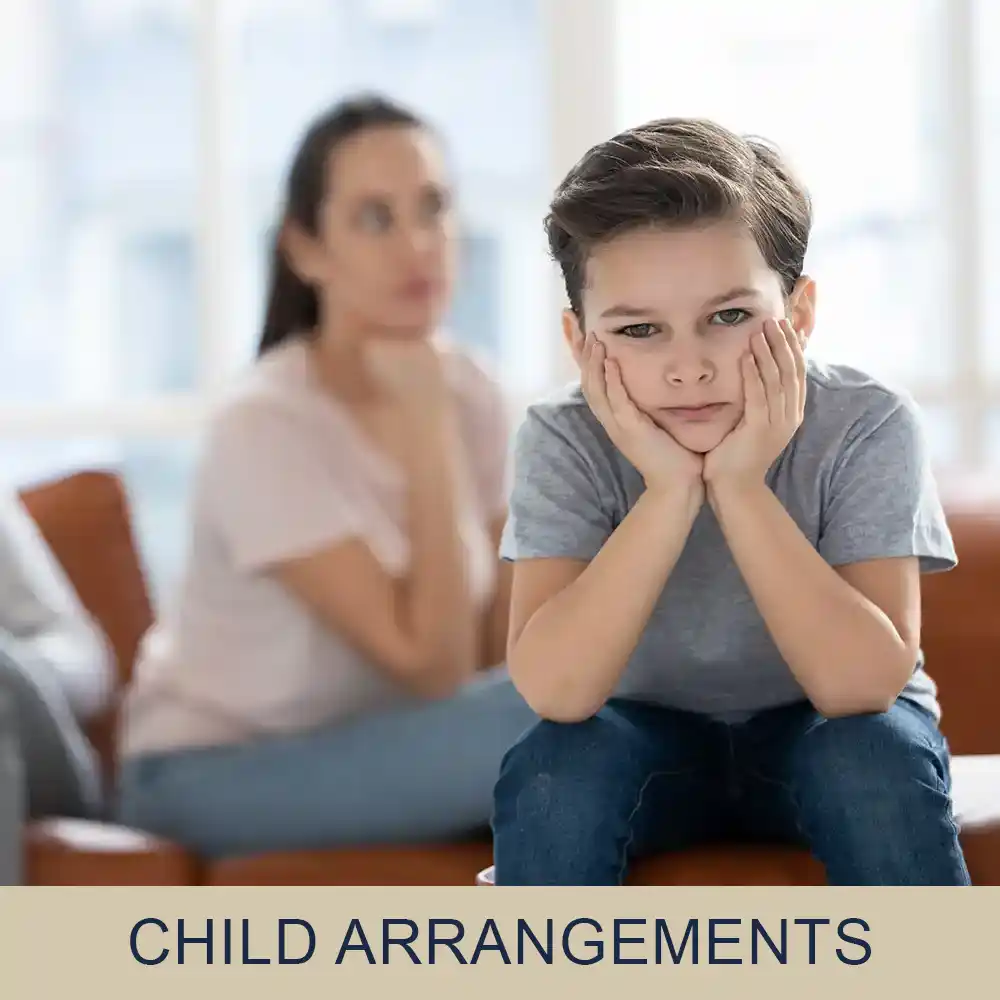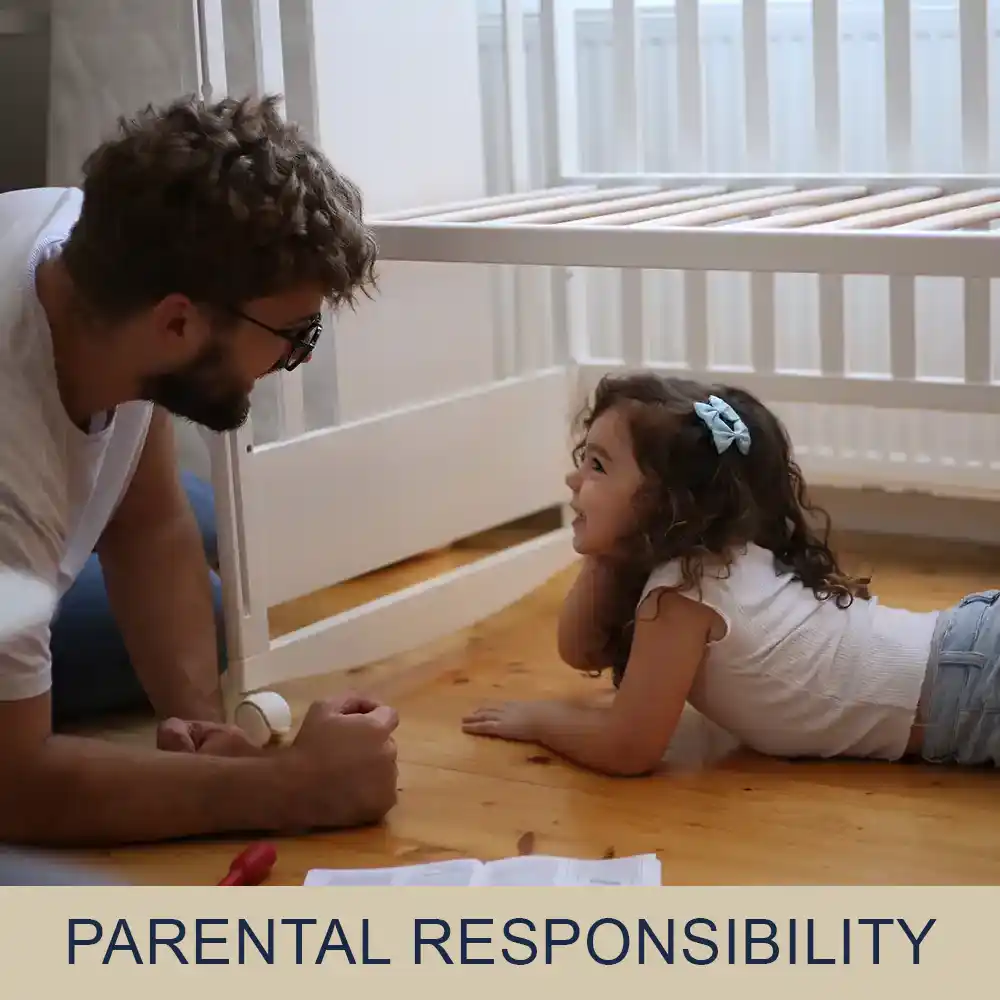Divorce
At Moloney Family Law, we understand that divorce is not just a legal process – it is a deeply personal and often painful time in life. Ending a marriage can bring uncertainty about the future, particularly when it comes to finances, living arrangements and children. Our experienced team, led by Tracey Moloney, provides clear, compassionate, and practical guidance every step of the way. We are here to protect your rights and ensure you achieve the best possible outcome.
Key Considerations in Divorce
- Filing for divorce under the current “no-fault” system
- Division of assets, including property, savings, and pensions
- Financial support (maintenance)
- Child arrangements (residence and contact)
- Mediation as an alternative to litigation
- Protecting your future financial stability
- Ensuring a fair and amicable resolution where possible

Detailed Guidance
Since April 2022, the law in England and Wales allows couples to divorce without assigning blame, making the process less confrontational. Even under this simplified system, divorce can be complex when it involves property, finances, or children.
At Moloney Family Law, we guide you through:
- The divorce application: Filing the necessary paperwork and ensuring all requirements are met.
- Financial settlements: Negotiating or securing fair division of property, pensions, and savings.
- Maintenance: Ensuring financial support is in place where necessary.
- Child arrangements: Putting children’s welfare first by reaching workable agreements on residence and contact.
- Dispute resolution: Offering mediation where possible to reduce stress, cost, and conflict.
We tailor our advice to your unique circumstances, balancing compassion with robust representation to protect your interests.
FAQs – Your Most Frequently Asked Questions about Divorce
How long does a divorce take?
Typically 6–12 months, depending on whether financial and child arrangements are agreed or disputed.
Do I have to attend court?
Not always. Many divorces are resolved without a court hearing, though disputes over finances or children may require judicial involvement.
Will I automatically get half of everything?
Not necessarily. The court considers various factors, including the length of marriage, earning capacity, needs, and contributions.
Can we both use the same solicitor?
No, each party should have independent legal advice. However, mediation is available to help you reach agreements together.
What if my partner doesn’t cooperate?
We can still progress your case and, if necessary, seek court orders to protect your rights.
Case Studies
1. Uncontested Divorce
Two spouses agreed that their marriage had run its course and wanted a simple, amicable end. With our guidance, they prepared a joint application, agreed how to divide savings, and confirmed childcare arrangements. We drafted a consent order, which the court approved without the need for either spouse to attend. The process was concluded in under six months, reducing stress and legal costs.
2. Contested Finances
A client approached us after discovering their spouse owned several properties that had not been disclosed. We made an application for full financial disclosure, ensuring transparency. Through negotiation and court hearings, we secured a fair settlement that provided our client with a share of the properties and financial provision for the children’s education.
3. International Divorce
A couple who had married abroad sought to divorce in England after relocating here. The issue of whether English courts had jurisdiction was raised. We successfully established jurisdiction, and the financial settlement was made under English law. This ensured that both parties’ rights were recognised and that assets were fairly divided.

Client Comment
“I cannot thank Moloney Family Law enough for their exceptional support and guidance during my recent divorce. Tracey and her team were professional, empathetic, and incredibly knowledgeable, making a very difficult time so much more manageable.”
